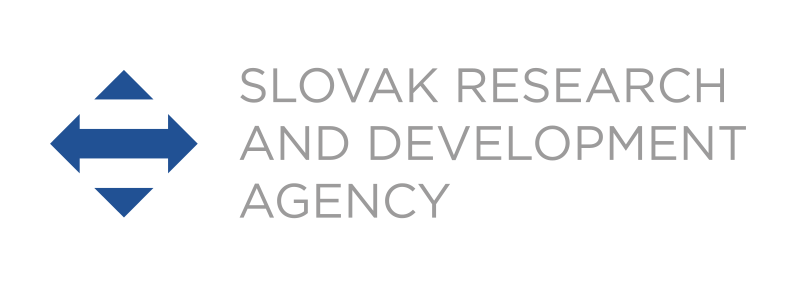Project VV-MVP-24-0053
Acronym: CROSSLINES
Duration of the project: 01.03.2025 – 31.12.2028
Principal investigator:
Mgr. Jakub Šrol, PhD.
List of co-investigators:
doc. PaedDr. Vladimíra Čavojová, PhD.
Prof. Mgr. Peter Halama, PhD.
Ing. Matej Lorko, PhD.
Mgr. Dana Godžáková
Mgr. Simona Bartošová

Annotation:
The World Economic Forum identified the spread of disinformation and unfounded beliefs (UBs) as a critical global risk. UBs, including belief in conspiracy theories or pseudoscience, are associated with many negative psychological and societal outcomes, emphasizing the need to understand their causes. While extant research primarily focuses on individual cognitive-motivational drivers of UBs, social causes remain largely unexplored. Also, current knowledge of UBs is built mostly on correlational studies, which restricts our understanding of the causes and consequences of UBs and limits the efforts to design effective interventions. Our project aims to fill these gaps by combining correlational, experimental, and longitudinal studies, as well as analyses of multi-national datasets to identify interpersonal, group and socio-cultural causes of UBs. We will achieve this by analyzing causal pathways between social factors (e.g. quality of interpersonal relationships, social norms, intergroup threats), UBs and their negative outcomes and by examining interactions of social (group identity, collective narcissism) and individual (analytic thinking, spirituality) causes of UBs. These findings will be used to design novel interventions to reduce UBs and prevent their negative outcomes by targeting social factors (social norms, intergroup emotions), as well as to examine how existing interventions (e.g. debunking) can be improved by factoring in the social causes of UBs. The project’s theoretical contribution lies in identifying causal chains between social factors, UBs and their negative outcomes and uncovering socio-cultural factors that shape them. Practical implications will involve development of cost-effective and scalable interventions targeting social causes of UBs, improving the effectiveness of existing interventions by tailoring them to different segments of population, and providing actionable insights for NGOs and government bodies on combatting disinformation.
Key words: conspiracy beliefs, unfounded beliefs, social factors, interventions, interpersonal relationships, intergroup dynamic
Key words: conspiracy beliefs, unfounded beliefs, social factors, interventions, interpersonal relationships, intergroup dynamic
Scientific publications funded as part of this project:
Adamus, M., Šrol*, J., & Sobotová, B. (2025). Emotional, cognitive and social-psychological mechanisms underlying deliberate ignorance about climate change. Current Opinion in Psychology, 102115. https://doi.org/10.1016/j.copsyc.2025.102115
Godžáková*, D., Šrol*, J., & Konrádová, L. U. (2025). Understanding Predictors of Trust in Science Among University Students: Examining Scientific Reasoning, Cognitive Reflection, Education, and Personal Experiences with the Scientific Community. Human Affairs, 35(3), 492-508. https://doi.org/10.1515/humaff-2025-0015
Hartz, C., Deutsch, F., Boehnke, K., Klicperova-Baker, M., Brezina, I., Šrol*, J., ... & Turska-Kawa, A. (2025). Social cohesion and the inclination towards conspiracy mentality: comparing Germany and the Visegrad countries. Journal of Contemporary Central and Eastern Europe, 33(2), 375–401. https://doi.org/10.1080/25739638.2025.2511093
Hromadová, M., Čavojová*, V., & Lorko*, M. (2025). Relying on intuition increases receptivity to bullshit. Journal of Cognitive Psychology, 37(5), 467-473. https://doi.org/10.1080/20445911.2025.2517038
* project collaborators are marked with an asterisk

